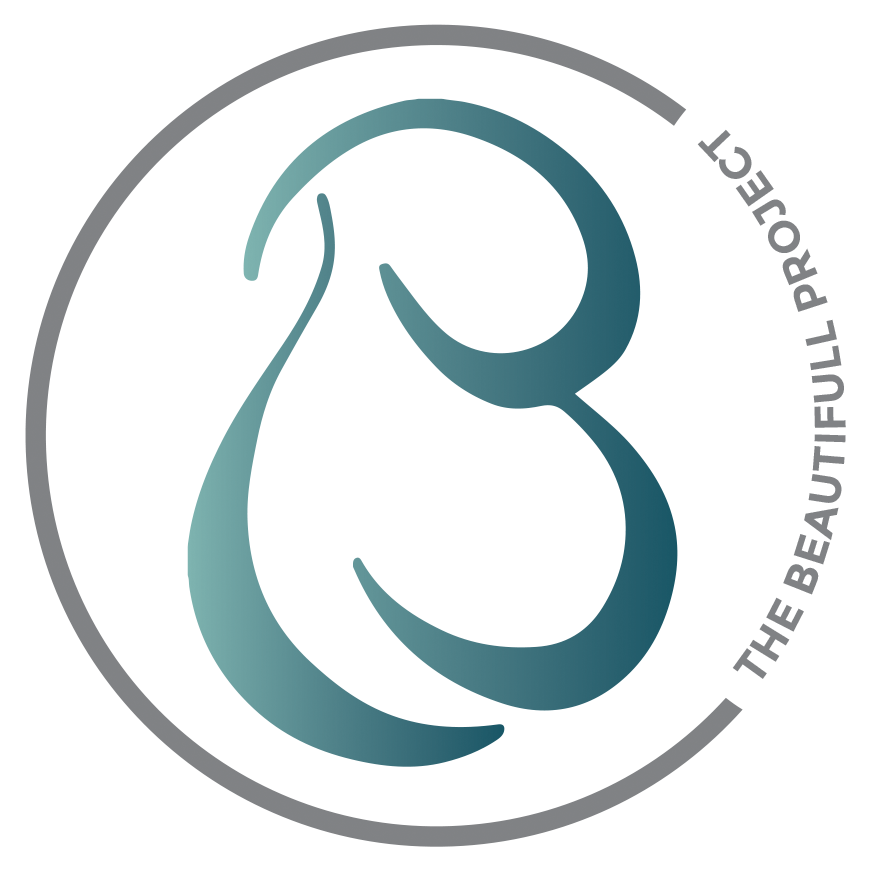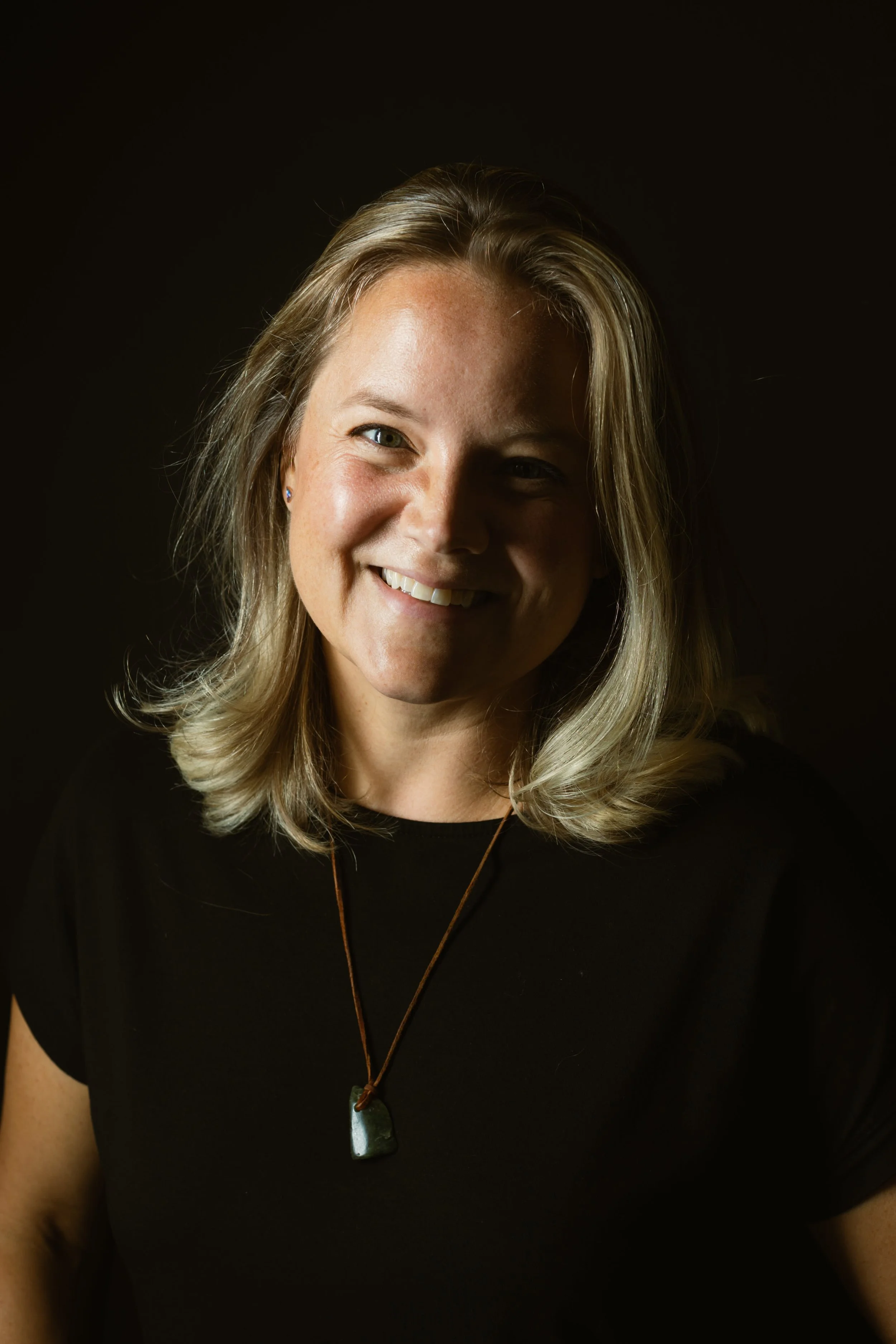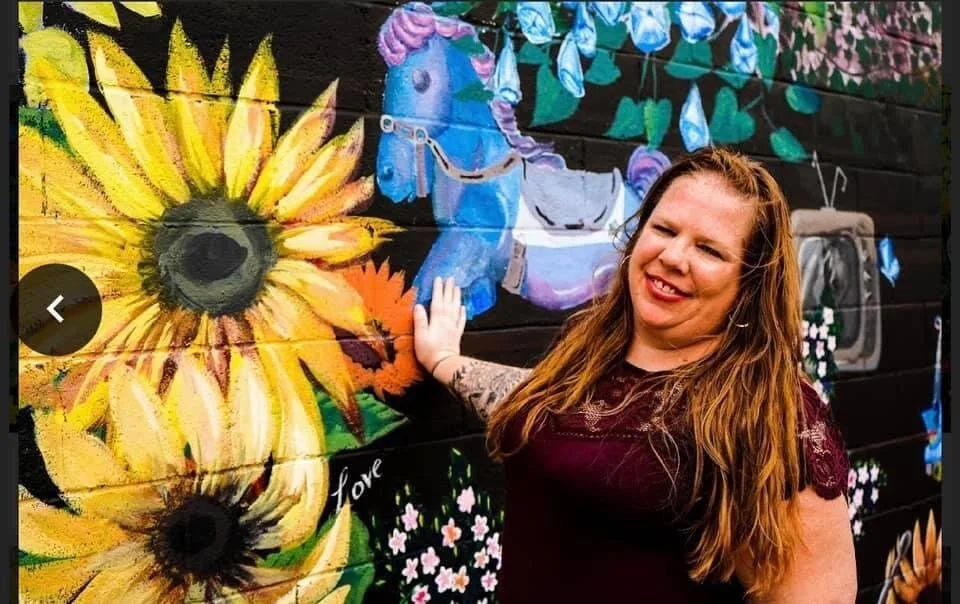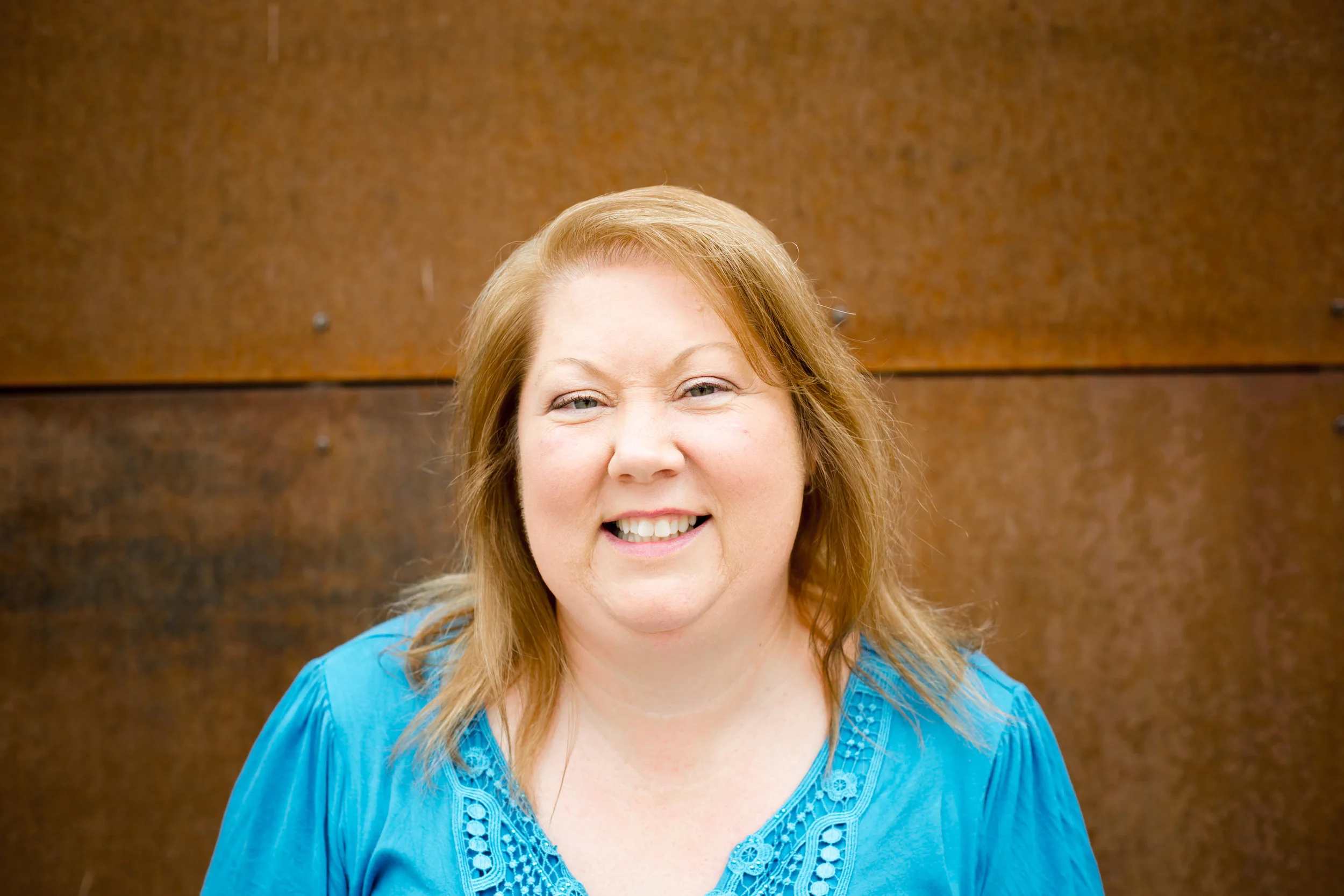What We Need is a Witness
I was alone the night I was raped.
Well, not completely alone, clearly. But mostly. And in all the ways that mattered, totally.
There were no witnesses. No advocates. No calls for help.
There was only me, a man I trusted, a lot of vodka, and the absolute certainty I’d said no.
Over and over, no.
Unequivocally, no.
In every way that mattered, no.
But that was all.
In fact, for many years, there wasn’t even a fully formed memory about what had happened, Instead, I had a vague recollection of an unpleasant parting of ways, a marked increase in my commitment to black-out drinking, and a propensity for freezing in my tracks any time I smelled Cool Water cologne, his scent of choice.
But nothing more.
Memory is funny that way, isn’t it?
Our minds are marvels at protecting us from things we are better off not knowing, but our bodies never seem to forget. It is as if they know that pain must be held first if there is any hope of letting it go, and so they soak it up. They hold it on our behalf, patiently waiting to be unburdened from its weight, but never rushing us along in our process.
Beautiful, really.
Tragic, too, I suppose.
In my case, a series of events unfolded to bring about my unburdening, dredging up some scraps of memory that had been tucked away for safekeeping. Finding myself unable to unpack some parts and pieces on my own, I sought the counsel of a therapist steeped in experience with processing trauma. We did good work together, using EMDR as a modality to reconnect me with the memory in a safe and measured way, and allowing me to have a lived experience of what happened to me without being swallowed whole by the trauma itself.
And for that, I am grateful. But even after all this time and all that work, there is still one thing I struggle to get past:
I wish there’d been a witness.
Seems a little strange, right?
It is, after all, instinctual to hide our woundedness away from the world, and to protect that which is most vulnerable to us, so why would I wish for a witness to an event unparalleled in both qualities?
I’ll tell you why.
Because there are days during which my mind tries to trick me into thinking it isn’t true.
And there are moments when my body remembers without warning.
And so, I need someone to help me hold the memory.
Not to make it their own, nor to help me heal. But to remind me that it matters. To remind me that I matter. To remind me that I’m not alone.
And so, I wish there’d been a witness.
In hindsight, it is very likely this exact desire that subconsciously led me to curate an entire season of The Beautifull Project podcast to support the stories of survivors. At the time, the memory was still deeply buried, but by the end of that season, it had made its way to the surface and was demanding to be dealt with.
So, I’m certain my own healing had something to do with its inception.
But at the time, I would have told you I created the season for the exact same reason I’d created the entire podcast.
Because ordinary women are housing the most extraordinary truths inside of them, but we’ll never know if we never ask, so I decided I’d be the one to ask.
I wanted to be the one to hold space for their stories about their bodies, about beauty, about belonging. I wanted to walk alongside them as they shared their stories of survival.
I wanted to be their witness.
And I wanted you to do the same.
But somewhere during the Survivor Season, things got off track. There are at least a hundred different reasons for the deviation, but the simplest way to summarize is this:
I was swayed by statistics.
The audience for the Survivor Season was much smaller than I anticipated, and when I reached out for feedback, I heard some semblance of the same thing over and over:
“I love this season, Sarah. Really, I do. It’s just SO HEAVY. And I haven’t been __________ (raped, disabled, homeless, chronically ill, etc,) so I’m just not sure what’s in it for me.”
Which, if we’re being honest, was really disappointing to me.
I never wanted the podcast to be about self-help.
Trust me, the Podosphere already has its fill of “experts” who will make sure there’s something in it for you.
This space was supposed to be one of service.
It was intended to create a chorus of courage, a world full of witnesses for the stories of other women.
It was never intended to heal you or to heal me.
It was intended to heal us.
Which is exactly what happens when we are willing to be a witness for each other.
So, when I realized how far off the mark we’d gotten, I allowed myself to be distracted by that disappointment for a long-ass time. And then there was a global pandemic.
And then BOOM… I just left the whole idea in the dust.
There were bigger fish to fry and new ideas to be made real, and I was pretty sure I just didn’t have the time or the energy to drag an audience along in this process anymore.
Until one day, a few months ago when a woman called me - out of the blue - and asked for some time together.
She shared her story with me - a hard story, a heavy story.
And when she was finished, she said, “I’d like you to help me tell my story. It will help me heal, and maybe it might help someone else.”
Shit.
SHIT. SHIT. SHIT.
I knew the answer before she even asked the question because I knew there was just NO WAY for me to walk away from the extraordinary truths she shared without telling the whole entire world about it.
And so at that table, in that coffee shop, over an oat milk cappuccino, the podcast was reborn.
Which brings me to today.
Episode 1 of The Beautifull Project podcast drops this morning, on my 43rd birthday and the 3rd anniversary of The Project itself.
There won’t be any more seasons because seasons are just silly podcast rules more concerned with statistics than with stories.
But if this were a season, I would call it this:
Starting Over: A Witness for Women
So, if you’re a long-time listener, thank you for staying.
And if you’re new, then welcome to The Beautifull Project podcast, a place for ordinary women sharing extraordinary truths who are waiting for you to be their witness.










